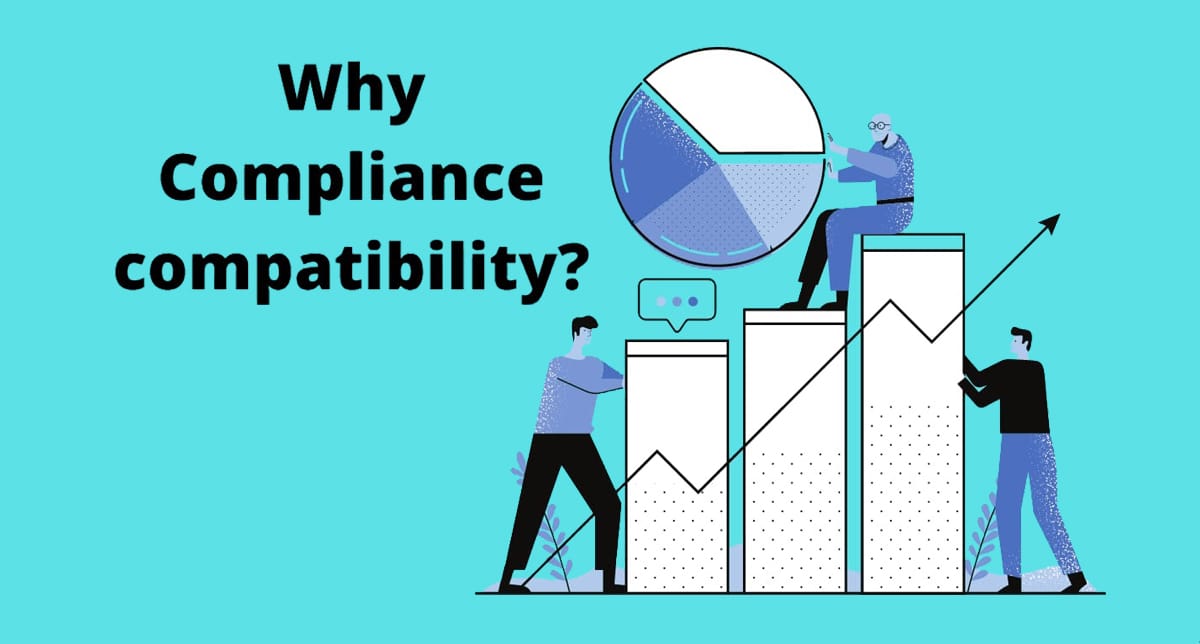Online shopping has risen in popularity because of the convenience of the entire experience. The pandemic has rendered this activity all the more common place with shoppers restricted to their homes. In the past year alone, ecommerce has witnessed a growth over 35% as per the US Census Bureau.
Retailers are typically the main victim of cybercrimes that compromise personal and sensitive data as they have access to consumer details such as Personally Identifiable Information (PII) and Payment Card Information (PCI). This information when in the wrong hands can have devastating effects. For instance, they could be sold to external malicious third parties via the dark web.
There is a dire need for retailers to step up their digital security game due to the growing threat posed by cybercrime. One such way they could approach this challenge is to comply with Payment Card Industry Data Security Standard (PCI DSS).
Laying Out a Detailed Data Management Strategy
A holistic approach to handling data compliance and security is probably the best possible way to tackle the issue. In most cases, data is restricted to handling by the retailer’s employees unless there is a prior agreement to share it with a third party. This means that training employees on how to handle the data is critical to safeguarding it. Elaborating on data management protocol and best practices can give them well established guidelines to work within.
An additional measure could be to hire a Data Protection Officer (DPO) who is essentially one individual tasked with overseeing the safety of data so that they can act as an added security measure. A single source to be consulted in the event of a breach.
Data cleansing can also be a great way to make sure that information is not at risk. Over the years of conducting retail activities, chances are you may have amassed significant amounts of consumer data for the purpose of marketing. Running a comb through this information to weed out non-essential chunks of data can reduce the risks of working with large stores of data that could be compromised.
Have a Contingency Plan for a Data Breach
Growing data sources implies a growing level of threat to its access as well. Where there is data there is cyber security risk. Over the next four years it is predicted that cybercrime will effectively cost up to 10 trillion dollars. In order to be prepared for such cyberattacks, retailers must have a contingency plan in place that can deal with the aftermath of such attacks or better yet eliminate them entirely.
Laying out protocols and policies to dictate how your company will react to the mishandling of data can mitigate a lot of the cascading effects of an initial breach. These protocols must outline how each department must respond and who to contact in the event of a security breach.
It is often a compliance requirement to report when a breach has taken place. This is also a good practice as it maintains a sense of transparency in consumer retailer relationships. Reporting breaches as and when they happen can also help salvage consumer trust in you.
Thoroughly Study PCI DDS and How to Stay in Compliance
When it comes to any establishment that deals with the handling and storage of credit or debit card data the adherence to PCI DSS is a crucial aspect of cyber security measures. Laid out in 2006 it serves as a basic set of requirements set out to protect customer payment data from payment card fraud.
PCI DSS has regulations on all aspects of how retailers manage card payment data from the hardware to software used by the merchants. It covers complex systems used in computers used to oversee transactions right down to the PIN pad used on the card machines. There are in fact a number of PCI compliance levels that are based on how many transactions a retailer has to deal with year on year. Thus, retailers must take measures to ensure that their sensitive customer and payment data stays secure in accordance with compliance regulations.
If you’d like to explore data compliance for your organization, the ComplyD team would be glad to help. Leverage our SAP-native data discovery and compliance enablement tool. Enjoy comprehensive visibility through a user-friendly, unified dashboard with analytics. You’ll be able to take pro-actively take steps to meet any compliance regulations for ANY industry or geography. Our scientific/robust DASH approach discovers vulnerabilities and secures and hardens your perimeter to meet compliance regulations and avoid regulations. If you’d like a taste of compliance simplified for your entire enterprise, please request a demo.





